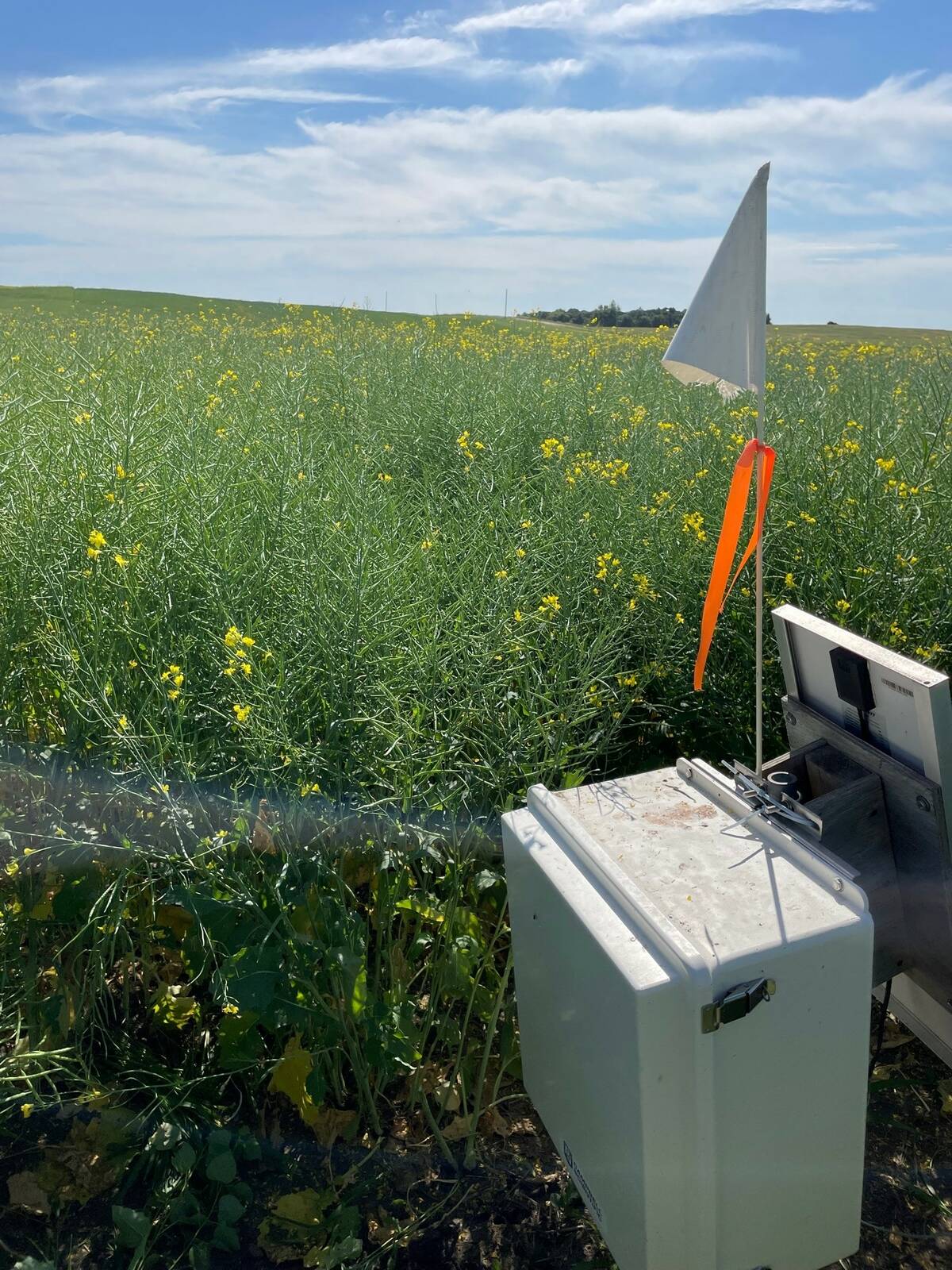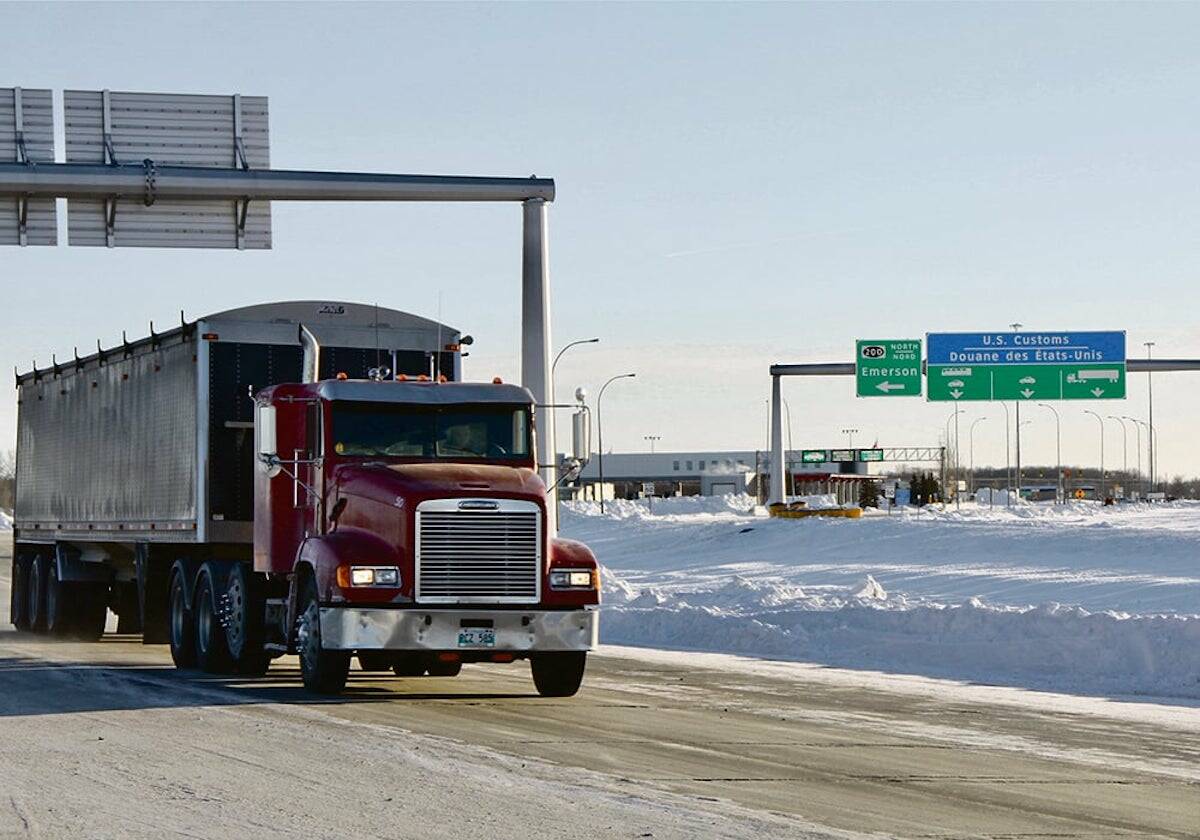A bill meant to break down interprovincial trade barriers has just done a speed run through Manitoba’s legislature.
Bill 47, the Fair Trade in Canada (Internal Trade Mutual Recognition) Act, got royal assent June 2, less than two weeks after being introduced.
The bill, tabled May 22 by Manitoba’s business, mining, trade and job creation minister, Jamie Moses, allows the province to dub other provinces or territories as “reciprocating jurisdictions,” wherein goods and services coming from those regions are considered to have met standards and approvals comparable to Manitoba’s own. Those “reciprocating jurisdictions” labels will be handed out if the province or territory has similar legislation on the books.
Read Also

Where’s the water? RISMA knows
National soil moisture sensor network gives real-time data for Manitoba farmers fighting more frequent drought or flood.
The bill passed with support from both sides of the aisle, “a rare, but welcome, show of unity for Manitoba’s economic future,” Moses noted in a June 2 release.
“Everyone listened to the business community and worked across party lines because we know how important this bill is,” he said. “We all agree that this is a win for Manitoba and Canada. This bill puts Manitoba businesses and workers first by making it easier to sell products and services across Canada.”
Opposition finance critic Lauren Stone, the opposition’s finance critic, said the bill is a step forward for Manitoba and Canada to freer trade.
“While more work needs to be done, we were pleased to work co-operatively to ensure the benefit to Manitoba families and businesses are realized quickly,” Stone said in the same release.
Also passed was an amendment to Manitoba’s official commemoration days. June 1 will now be designated Buy Manitoba, Buy Canadian Day annually.
The June 2 release noted that the moves were in line with the federal goal of Canada-wide free trade by Canada Day 2025.
Internal trade was expected to be high on the agenda as Canada’s premiers and prime minister met for the first ministers meeting June 2.
A statement released by the office of the prime minister following the first ministers meeting noted that “through recent federal, provincial, and territorial efforts and actions led by the Committee on Internal Trade and the Forum of Labour Market Ministers, significant progress has been made toward removing internal trade barriers and further facilitating the movement of goods, services, and workers across the country.”
The first ministers “committed to unlock multilateral, economy-wide mutual recognition and labour mobility, while respecting Québec’s specificity,” the statement said.
That includes a directive to the implement a federal mutual recognition agreement by December 2025, the expansion of a trucking pilot and a “30-day service standard for pan-Canadian credential recognition.”
















